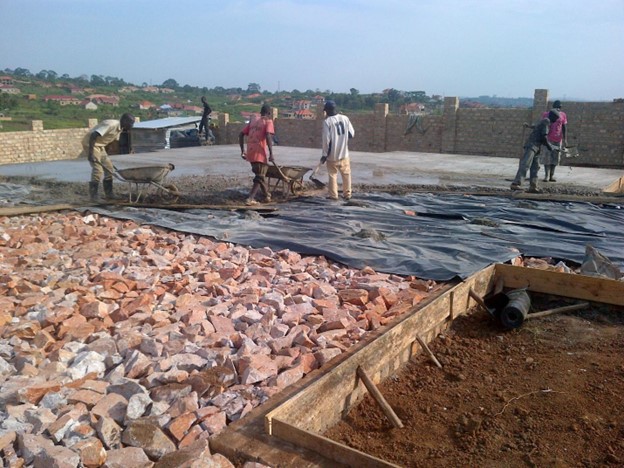
Our latest initiative in northern Uganda has transformed the agricultural landscape for over 500 farming families, demonstrating how community-based approaches can drive sustainable food security solutions. Through innovative farming techniques, capacity building, and strategic partnerships, we've achieved remarkable results that extend far beyond crop yields.
The Challenge
Rural communities in northern Uganda faced significant challenges in agricultural productivity due to climate change, limited access to modern farming techniques, and inadequate support systems. Traditional farming methods were becoming increasingly unsustainable, leading to food insecurity and economic hardship for farming families.
"Before joining this program, our family could barely harvest enough to last six months. Now, we have surplus produce to sell in the market and our children are better nourished." - Mary Akello, Local Farmer
Our Approach
We developed a comprehensive community-based agricultural transformation program that focused on three key pillars:
1. Sustainable Farming Techniques
- Introduction of drought-resistant crop varieties
- Water conservation and irrigation methods
- Organic farming and soil health improvement
- Integrated pest management systems
2. Capacity Building and Training
- Farmer field schools and demonstration plots
- Agricultural extension services
- Financial literacy and farm business management
- Gender-inclusive training programs
3. Market Linkages and Value Addition
- Connecting farmers to reliable markets
- Value addition and post-harvest handling
- Cooperative formation and strengthening
- Access to credit and financial services
Results and Impact
The program has delivered exceptional results that demonstrate the power of community-driven agricultural development:
40%
Increase in crop yields
500+
Families empowered
15
Communities reached
60%
Income improvement
Sustainability and Future Outlook
The success of this initiative lies not just in the immediate improvements but in the sustainable systems we've established. Local farmer leaders now serve as trainers for new participants, creating a self-sustaining knowledge transfer system. The cooperatives formed during the program continue to provide ongoing support, market access, and collective bargaining power.
Looking ahead, we're scaling this model to reach additional communities across East Africa, adapting our approach to local contexts while maintaining the core principles that have proven so effective. Our goal is to impact 2,000 farming families by 2025, creating a network of resilient agricultural communities.
Key Lessons Learned
- Community ownership is crucial: Programs succeed when communities lead their own transformation
- Holistic approaches work best: Combining technical training with business skills and market access creates comprehensive impact
- Women's participation drives success: Gender-inclusive programming significantly improves outcomes
- Local knowledge matters: Combining traditional practices with modern techniques yields the best results
Join Our Mission
Are you interested in supporting agricultural transformation in East Africa? We're always looking for partners, donors, and collaborators who share our vision of sustainable food security.
Get Involved

